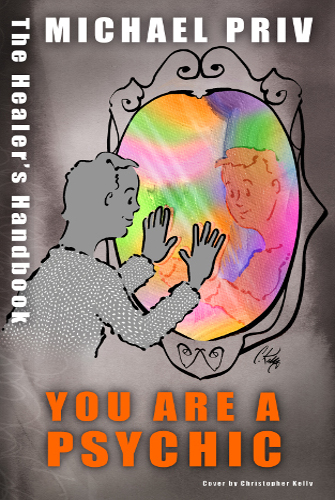In this thought-operated Universe, the way out of any life’s pitfalls is through changing
your mind, which is also the way into anything desirable. To that end
the ancients created the practice of meditations.
“All of humanity’s problems stem from man’s inability to sit quietly in a room alone.”
There are seven different general types of meditation containing a multitude of individual techniques. All meditations reduce stress, improve health, control anxieties, enhance self-awareness, increase attention span, improve cognitive abilities, help fight addiction, reduce blood pressure and open up a whole new world. Meditations are good for you.
Western definition of meditation is a relaxation technique used to ponder or contemplate. The word “meditate” is even used interchangeably with “ponder.” That is incomplete. Meditation does not have to be about thinking and the best ones aren’t. There is an ephemeral gap between thinking and meditation best described by the self-improvement guru Alan Cohen, “If you want to find God, hang out in the space between your thoughts.”
You have to find that space between thoughts. For that reason, let us use a much better Meriam-Webster definition: Meditation is a practice where an individual is using a technique, such as focusing his or her mind on a particular object, to achieve a mentally clear and emotionally calm state. With a slight stipulation that “a particular object” could also be a word or an action, like breathing or listening to a sound one makes, this definition is correct, because it works.
All meditations are healing techniques. Any meditation will reduce blood pressure, among other health benefits, and so any meditation is better than no meditation, but some techniques produce miracles, where others not so much.
